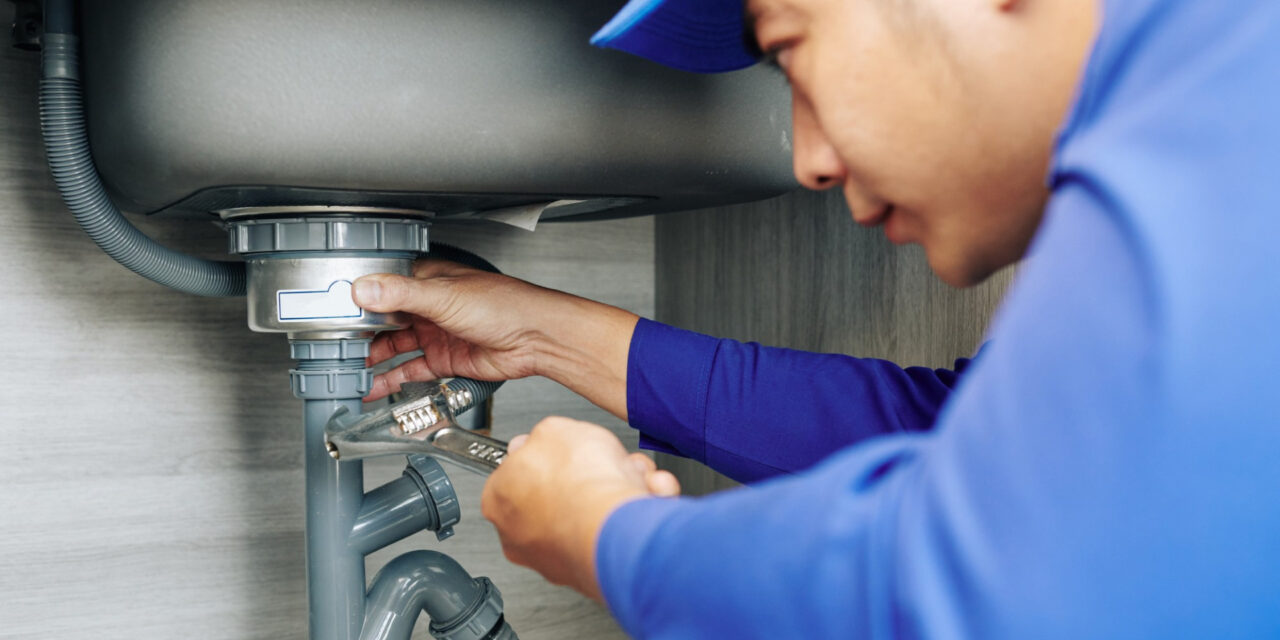Guide To Water Leakage Detection In The House
Guide To Water Leakage Detection In The House
Blog Article
Are you currently looking for help about Hacks to detect leaks?

Early discovery of leaking water lines can reduce a possible catastrophe. Some tiny water leaks might not be noticeable.
1. Check Out the Water Meter
Every residence has a water meter. Examining it is a surefire manner in which aids you discover leaks. For beginners, shut off all the water sources. Ensure no person will flush, make use of the faucet, shower, run the washing machine or dishwashing machine. From there, most likely to the meter as well as watch if it will certainly alter. Given that no one is using it, there ought to be no motions. That suggests a fast-moving leakage if it relocates. If you discover no changes, wait an hour or 2 as well as examine back once more. This suggests you might have a slow-moving leak that can also be underground.
2. Check Water Consumption
If you identify unexpected changes, in spite of your consumption being the exact same, it means that you have leakages in your plumbing system. A sudden spike in your bill indicates a fast-moving leakage.
A stable rise every month, even with the same habits, reveals you have a sluggish leakage that's additionally slowly escalating. Call a plumber to thoroughly examine your residential property, especially if you feel a cozy area on your floor with piping below.
3. Do a Food Coloring Test
When it comes to water usage, 30% comes from toilets. If the shade somehow infiltrates your bowl during that time without flushing, there's a leakage between the container as well as bowl.
4. Asses Exterior Lines
Don't fail to remember to examine your outside water lines also. Must water permeate out of the connection, you have a loose rubber gasket. One small leak can throw away tons of water as well as surge your water costs.
5. Inspect and Analyze the Circumstance
House owners must make it a routine to examine under the sink counters and also also inside cupboards for any type of bad odor or mold and mildew growth. These 2 warnings indicate a leak so punctual focus is required. Doing routine inspections, even bi-annually, can save you from a significant trouble.
Extra significantly, if you know your house is already old, maintain a watchful eye on your heating units, hose pipes, pipelines and so on. Look for discolorations as well as weakening as many devices and also pipes have a life expectancy. They will additionally naturally deteriorate due to wear and tear. Don't wait for it to intensify if you presume leaking water lines in your plumbing system. Call an expert plumber as soon as possible so you do not wind up with a dreadful mess in your home.
Early discovery of dripping water lines can mitigate a prospective calamity. Some little water leakages might not be noticeable. Examining it is a proven method that aids you discover leaks. One small leakage can throw away loads of water and also spike your water costs.
If you believe leaking water lines in your plumbing system, do not wait for it to rise.
How to Know If Your Home Has a Hidden Leak
Water Meter Reveals Inexplicable Water Usage
If you’d like to test whether or not there’s a leak somewhere in your home, you can do this using your water meter. Here is how to conduct the test:
Don’t use any water in your home for at least 30 minutes; this also means not turning on faucets or water-using appliances.
Go outside, and check your water meter for activity.
If your water meter shows that there was activity, even though no one was using any water, this proves that there is a leak in your home.Visible Mold or Mildew Growth
Leaks behind walls create moist, dark environments that allow mold and mildew to grow and thrive. Eventually, you might see mold growth forming on the wall closest to a hidden leak.
If mold is growing in an area that receives a high amount of moisture, such as a bathroom, it may simply be an indication that better ventilation is needed. However, if you see mold growth on a wall or the ceiling in an area where you would not expect, you probably have a hidden leak.
Musty, Mildew Odor
Sometimes you might not be able to see the mold or mildew that is growing as a result of a leak. However, the smell can give the problem away just as easily. If you catch a whiff of something musty, there’s a good chance that old water is collecting somewhere in your home that you can’t see.
Stained/Warped Walls, Ceilings, or Floors
When your home soaks up water, a variety of red flags can become visible, including ceiling stains, bubbling drywall, warped walls, and sagging floors. While these issues can be caused by excess humidity, they can also be signs that a pipe or plumbing connection has started leaking behind your walls.
Inexplicably High Water Bill
After a while, you get a general sense for what your water bill should be. If you own a pool or sprinkler system, your bill will tend to be higher during summer. However, if you receive a water bill that seems especially high, and you can’t figure out what caused it, then you may have a hidden leak somewhere that’s increasing your bill.
https://www.plumbingjoint.com/blog/2019/july/how-to-know-if-your-home-has-a-hidden-leak/

I was guided to that editorial on Hacks to detect leaks through someone on a different blog. Liked our posting? Please share it. Let other people find it. Thank you for your time. Kindly come by our blog back soon.
Report this page